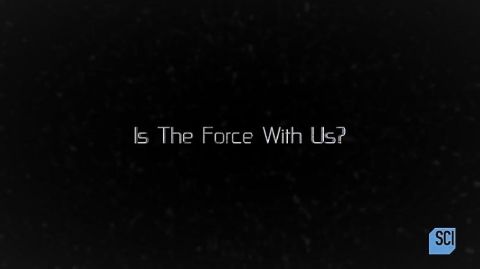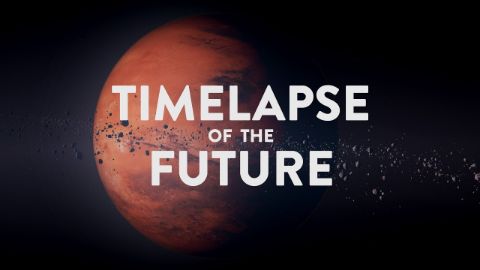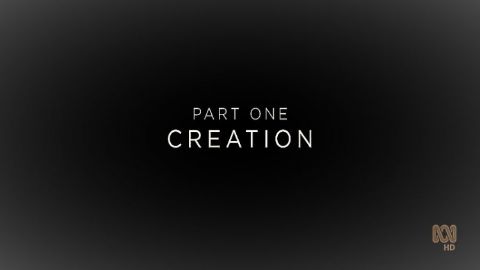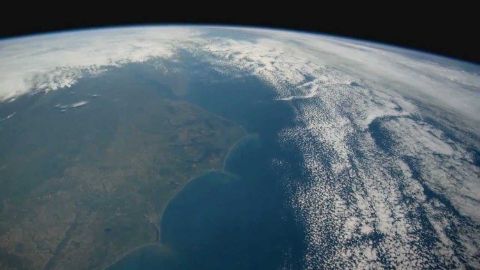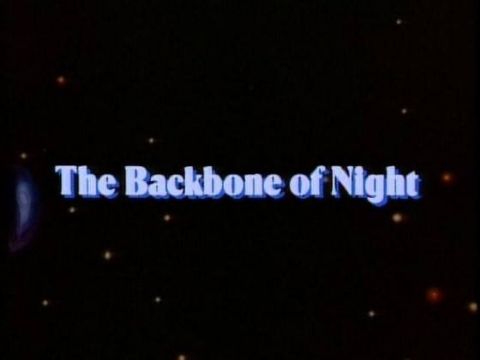Through the Wormhole • 2017 • 13 episodes •
Humanity’s potential seems limitless. But could we become as powerful as God?
It appears we live in a universe filled with light. But scientists are now certain there is far more matter in the dark portions of our universe.
It's called the speed limit of the universe. Einstein blew all of our minds when he worked out the Theory of Relativity, and showed that space and time were malleable substances. He also theorized that we as humans can never travel faster than the speed of light, which leaves the stars and other galaxies almost impossibly out of our reach. But the dreams of Star Wars and Star Trek are not dead. In fact, there could be ways to travel faster than the speed of light - and some of them are already being tested in labs around the world.
The dangers of nations being dependent on digital devices and global interactivity are examined.
Do you make your own luck or does luck make you? We find luck, good and bad, in casinos, basketball courts, genetics labs and the subatomic world. It's a journey that will radically revise your understanding of the laws of nature and the human brain.
Quantum theory, the best explanation of how atoms and anything smaller behave, is so weird even scientists who have mastered it find it baffling. But bit by bit scientists are finding maybe it's not so weird as comparable behavior is discovered in our every day world. It's just that no one noticed before.
We can all trace our lives back to a beginning. But what defines the beginning? Is it the moment when two cells unite? Or does something have to know it is alive before its life can begin?
Our minds store our entire lives, our memories and our deepest desires. Tell no one, and our thoughts remain our own. But our brains are biological computers. Computer hackers can tamper with our email. Could brain hackers someday be able to rewrite our thoughts?
New research is beginning to reveal a hidden force in the universe - one that penetrates space with trillions of invisible connections, instantly linking every place in our world and joining our future with our past. Is the Force with us?
2017 • Science
Death is life's greatest certainty. But that may be about to change. Scientists have discovered an immortal animal that may hold the secret of endless regeneration. They're on the brink of editing our DNA so that we can cure death like a disease. Or is dying necessary for the survival of our species?
2017 • Science
Humanity is under threat - from storms that seem to get ever fiercer, earthquakes that seem ever more deadly, and killer viruses that are engulfing the globe. Some scientists think it's time for us to fight back. Can we - should we -hack the planet?
2017 • Science
Every 17 minutes in America, someone is killed with a gun. Politicians can't seem to stop the violence. But epidemiologists, psychologists and big data crunchers are discovering that gun crime spreads like a virus -and science may be able to stop its spread.
2017 • Science









